Publications
Articles, publications, books, tools and multimedia features from the U.S. Institute of Peace provide the latest news, analysis, research findings, practitioner guides and reports, all related to the conflict zones and issues that are at the center of the Institute’s work to prevent and reduce violent conflict.
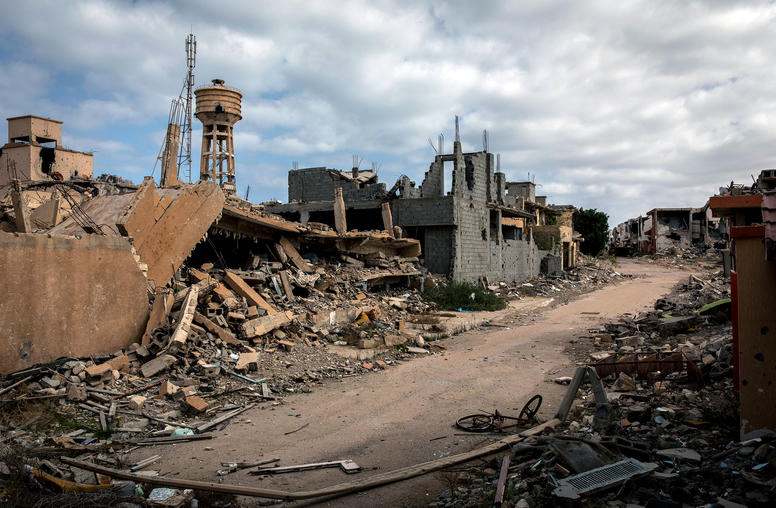
The New U.S. Plan to Stabilize Conflicts: The Case of Libya
Almost 11 years after ousting the dictatorship of Muammar Qaddafi, Libya remains a largely ungoverned land divided among warlord-led factions that fight with support from rival foreign countries. Libya’s instability resonates widely, permitting the trafficking of weapons to the Sahel and migrants to Europe. Repeated peace efforts have failed to help Libyans form a unified national government, yet Libyans continue to show the capacity to overcome communal divisions and build peace at local levels. That demonstrated capacity offers an opportunity that can be expanded by the U.S. government’s decision, under its Global Fragility Strategy, to direct a new peacebuilding effort toward Libya.
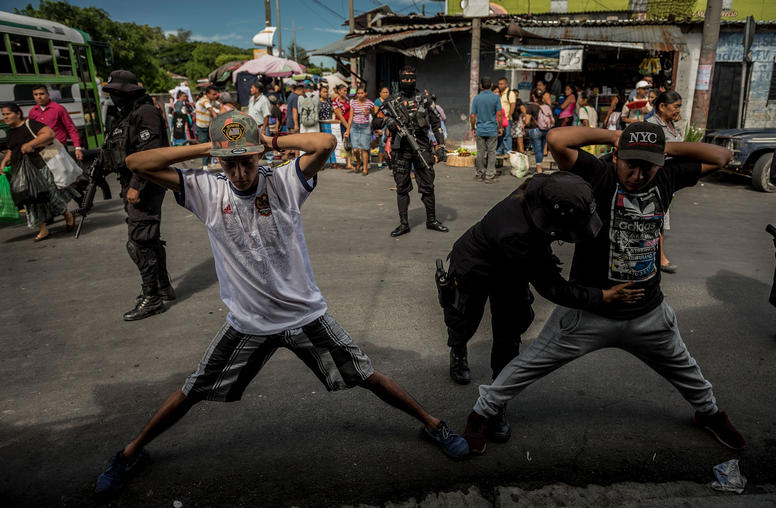
El Salvador Needs Long-Term Solutions to End Cycles of Violence
The government of El Salvador reacted harshly to a recent spike in homicides by imposing a state of emergency and rounding up thousands of suspected gang members. Recent history suggests that law enforcement alone cannot solve the problem without comprehensive gang prevention, intervention and rehabilitation programs in marginalized communities. USIP’s Mary Speck discusses violence in El Salvador and how the country can reduce crime while still respecting human rights.

El Salvador necesita soluciones a largo plazo para poner fin a los ciclos de violencia
El gobierno de El Salvador reaccionó con dureza ante un reciente aumento en los homicidios al imponer un Estado de emergencia y detener a miles de presuntos pandilleros. La historia reciente sugiere que la aplicación de la ley por sí sola no puede resolver el problema sin tener programas integrales de prevención, intervención y rehabilitación de pandillas en comunidades marginadas. Mary Speck de USIP analiza la violencia en El Salvador y cómo el país puede reducir el crimen sin dejar de respetar los derechos humanos.
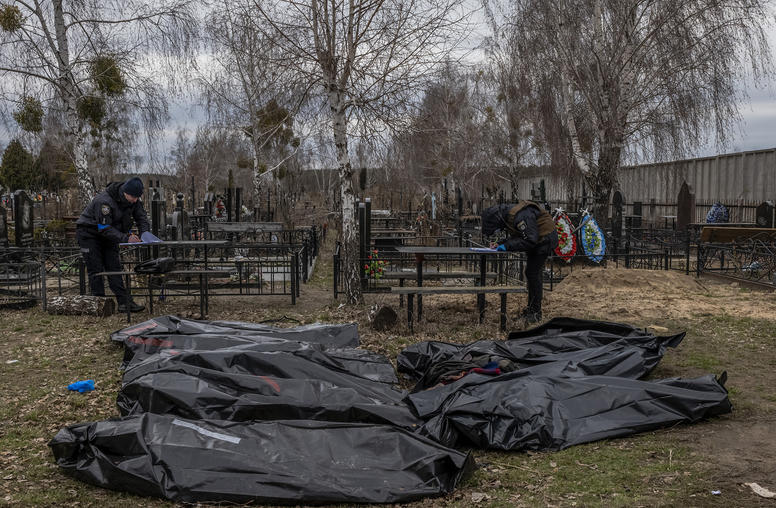
Ukraine: Justice for War Crimes Must Begin with Evidence
Photos and reporting emerging following the withdrawal of Russian forces from towns near Kyiv have triggered global revulsion, notably at the apparent summary execution of civilians. This initial evidence strongly suggests that Russian behavior in towns like Bucha and Irpin amounts to the widespread, systematic violence against civilians typical of atrocity crimes. World leaders have condemned the violence as war crimes, urging investigations and accountability. Ensuring eventual accountability for perpetrators and justice for victims means governments and others must quickly support the essential first step: the broadest possible collection of evidence.

A New U.S. Plan to Avert Wider Conflicts in West Africa
The United States is setting a new priority on building peace in five West African nations threatened by domestic crises and by violence that is spreading from the neighboring Sahel region. The White House named those countries among others in which to launch a new U.S. strategy to prevent violent conflicts in unstable regions. This choice signaled that stability in coastal West Africa is a vital U.S. interest — and that these five countries, while in varied stages of building democracies, can strengthen democracy and stability with more focused, long-term U.S. support. A broad consultation of scholarly and policy experts on coastal West Africa is buttressing that idea.
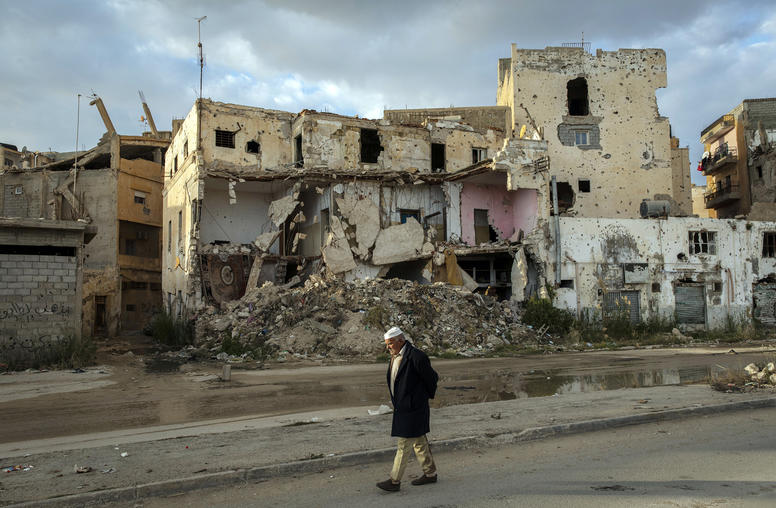
Implementing the Global Fragility Act: What Comes Next?
Amid the ongoing crisis in Ukraine, the Biden-Harris administration has quietly released a new policy that commits the United States to do more to “interrupt potential pathways to conflict” and reduce threats before they arrive on our shores. This new initiative comes at a difficult time for the United States and the world, given the full-blown crises that require the international community’s urgent attention, from COVID-19 to the climate crisis. Still, it represents an unprecedented and promising commitment at the highest levels of our government to apply the important lessons learned from decades of U.S. involvement in conflicts in Afghanistan, Iraq and elsewhere.
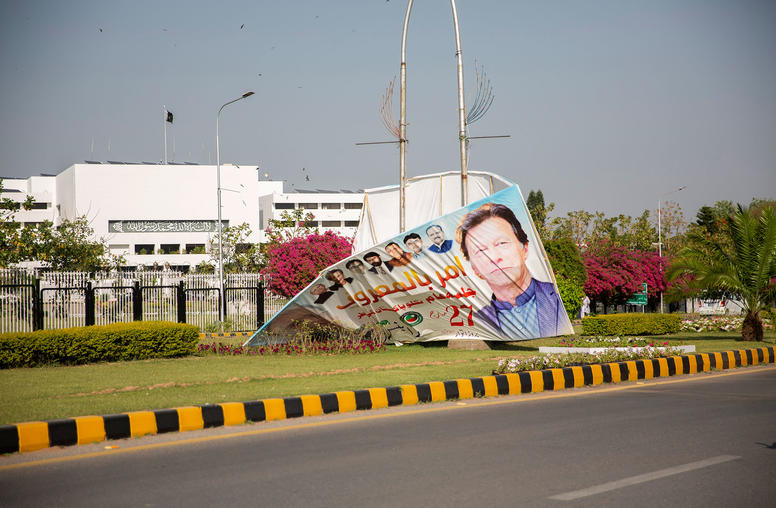
What’s Next for Pakistan’s Politics After Ouster of Imran Khan?
After a month of political crisis in Islamabad, Pakistan’s united opposition parties successfully removed Prime Minister Imran Khan in a vote of no confidence on April 10 and then on April 11 voted in opposition leader Shahbaz Sharif as the new prime minister. The votes came after the Supreme Court of Pakistan blocked earlier attempts by Khan’s Pakistan Tehreek-e-Insaaf (PTI) party government to dismiss the motion and move directly to fresh elections. Khan remains defiant despite his ouster.
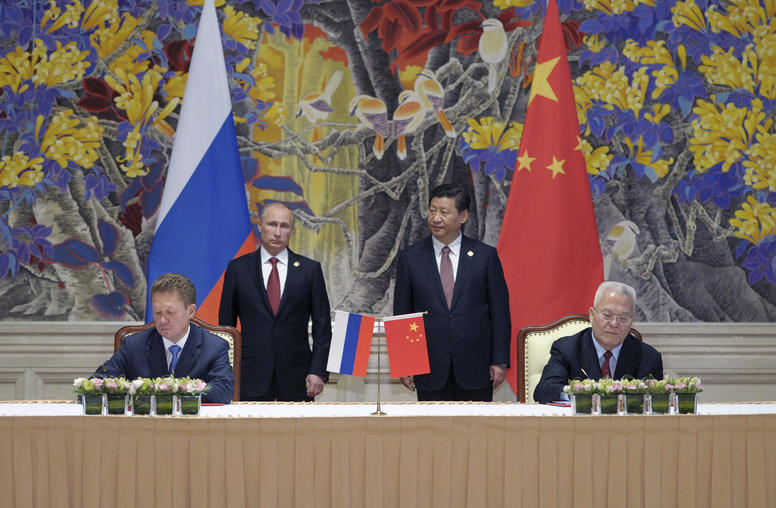
Ukraine Crisis Prompts China to Swing Behind Myanmar’s Junta
After a year of tentative ties with Myanmar’s democratic opposition, China this month dropped all pretension of hedging its bets and ramped up support for the military regime. Beijing framed its decisive economic and political move in part as a response to the “Ukraine crisis,” hinting that Russian backing for the junta may wane on the heels of Moscow’s stumbles in Ukraine, forcing China to fill the gap. With China bringing increasing pressure on Southeast Asian states to follow its lead in legitimizing Myanmar’s dictatorship, all parties in the region, and those with interests in it, will have to rethink their Myanmar strategies.
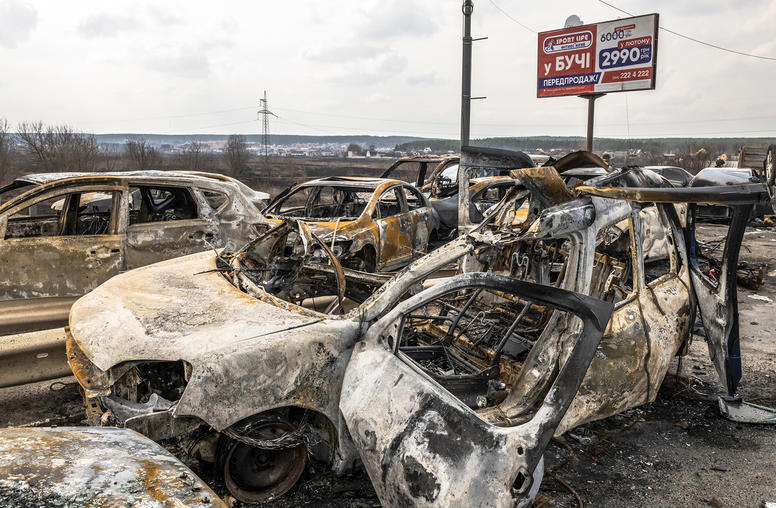
China’s Ukraine Gambit: Beijing Plays Both Sides
Beijing finds itself astride two policy tracks that appear to be moving in opposite directions: committed to affirming its carefully cultivated ties with Russia but also committed to upholding, at least rhetorically, the inviolability of territorial sovereignty. As Russia’s invasion enters a new phase, and more evidence of tragedies of emerge, China’s gambit may become increasingly uncomfortable.
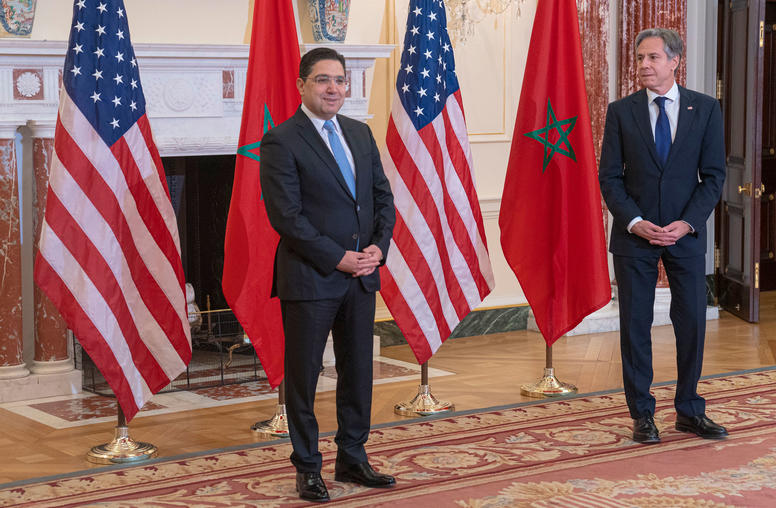
Ukraine War Puts New Focus on Conflict in Western Sahara
After years of stagnation in the conflict over the Western Sahara, the Russian war on Ukraine and other recent events could create openings to advance long-stalled Western Sahara peace efforts. Unprecedented parallel visits by America’s top two diplomats to Morocco and Algeria last month suggest that the U.S. is exploring this new opening. The United States should firmly grasp any new chance to end this often-forgotten conflict, which helps breed conditions for extremism and transnational crime, prevents much needed economic growth, and which risks worsened instability from the Mediterranean to Africa’s Sahel region.